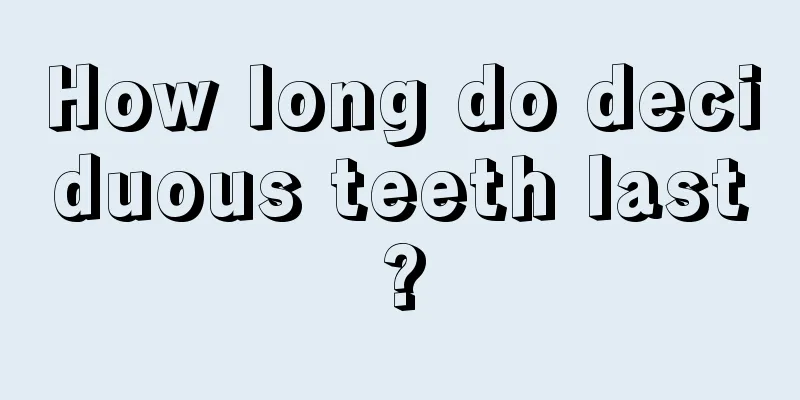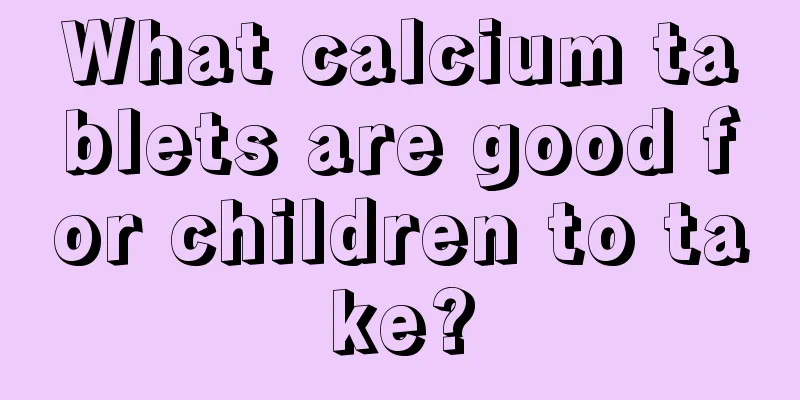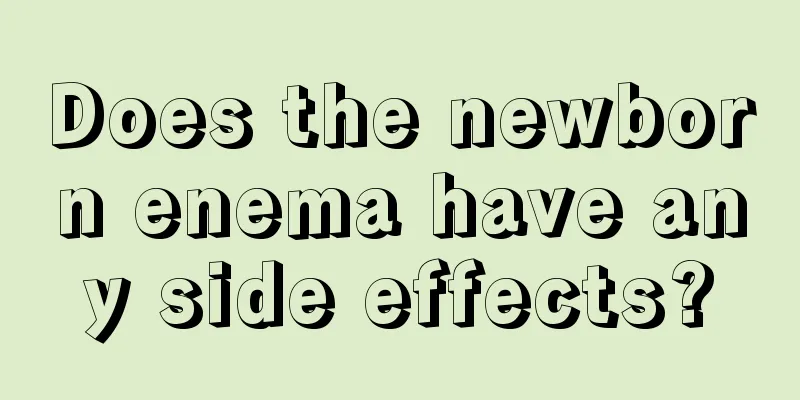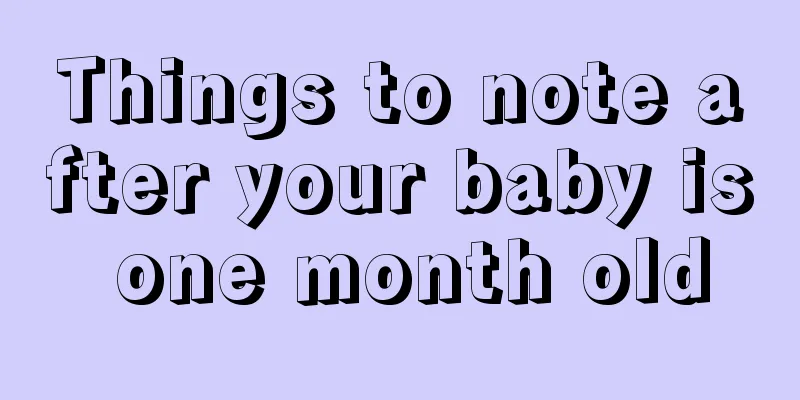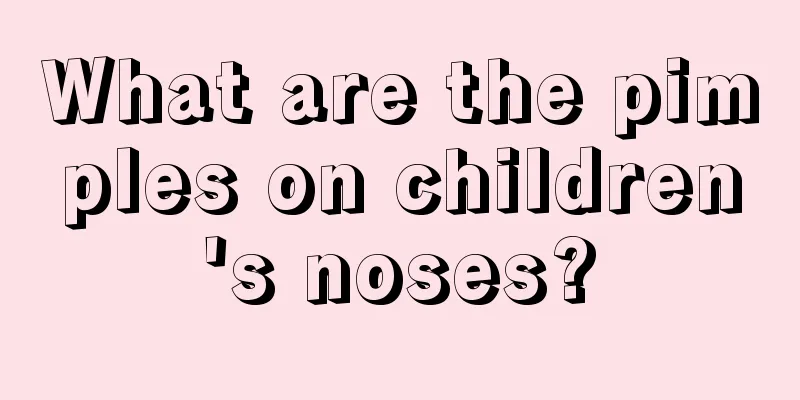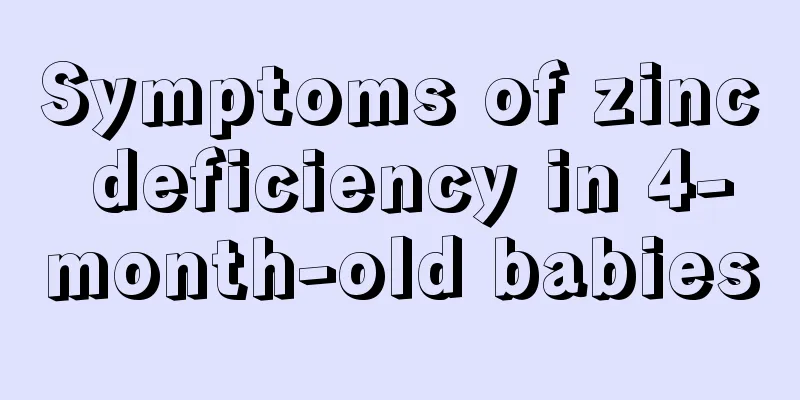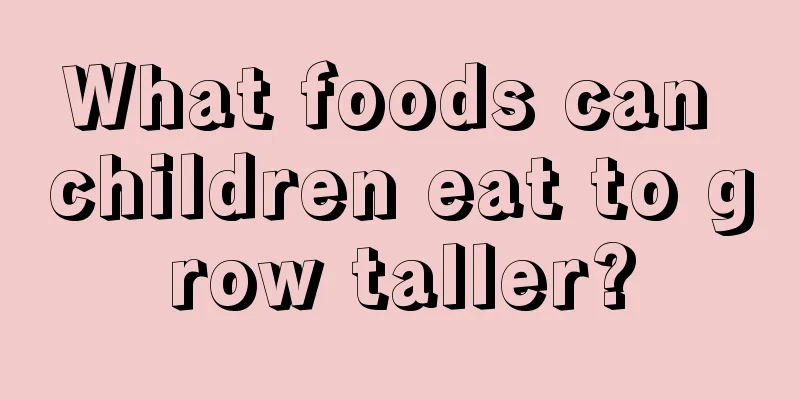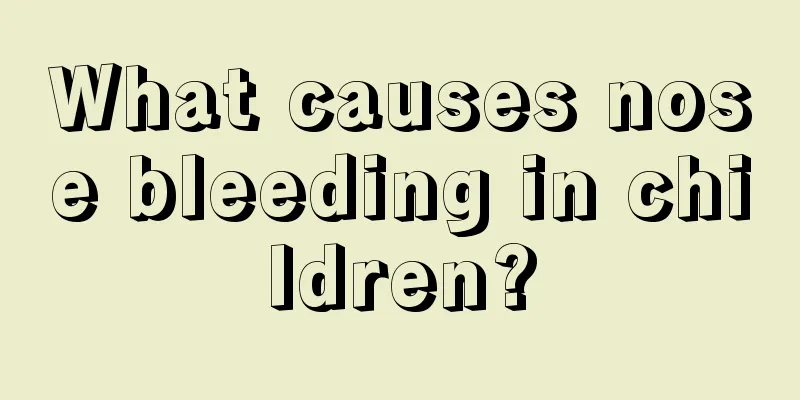Why do children reach the age of tooth replacement but have not yet changed their teeth?
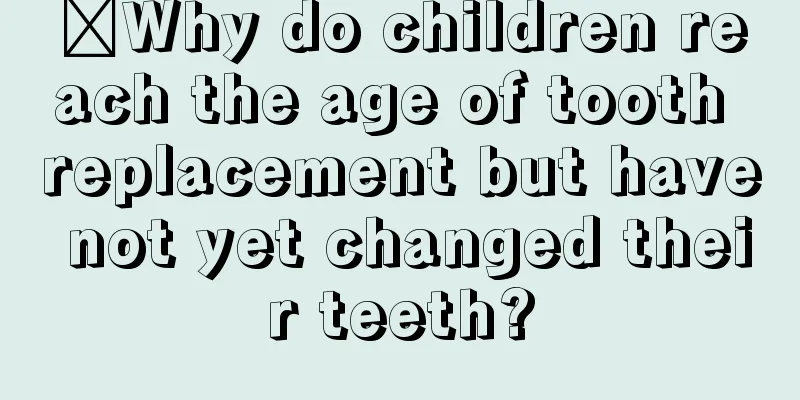
|
When children reach a certain age, they will start to lose their teeth and then grow new teeth. We call this process tooth replacement. A few days ago, a friend told me that her daughter is in the fourth grade of elementary school but has not started to change her teeth, while other children of the same age have already changed their teeth. She is worried that her child is unhealthy. Next, let’s take a look at the age at which children start to replace their teeth. Tooth replacement is the process of deciduous teeth falling out and permanent teeth growing in. During the growth and development process, there is a permanent tooth germ under the root of each deciduous tooth, which gradually develops and grows. During the eruption of the permanent tooth, on the one hand, it compresses the alveolar bone between the deciduous tooth root and the permanent tooth germ, and through the action of osteoclasts, the bone is absorbed and thinned until it is completely absorbed; on the other hand, it directly compresses the deciduous tooth root, causing it to gradually absorb, become shorter and shorter, until it disappears completely. Then the deciduous teeth begin to fall out and the permanent teeth gradually grow in. Normally, at the age of 6 to 7, the deciduous central incisor (central front tooth) of the mandible begins to shake and fall out, and soon the permanent central incisor grows in its place; at the same time, the first molar grows behind the second deciduous molar. After that, the other teeth were replaced one after another. The permanent monocuspids and bicuspids can only grow out after the deciduous teeth in the same position fall out. By the age of 12 to 13, all the deciduous teeth have fallen out and have been replaced by permanent teeth. Later, permanent teeth will appear. Retained deciduous teeth When deciduous teeth do not fall out when they should, doctors call this phenomenon retained deciduous teeth. Children should be taken to the hospital for examination and treatment in time. Retained teeth that have erupted but the deciduous teeth have not fallen out should be extracted as soon as possible to avoid affecting the eruption of permanent teeth in the normal position. If the deciduous teeth have not fallen out and the permanent teeth have not erupted after the age of tooth replacement, do not extract them easily. If the permanent teeth are congenitally missing, the deciduous teeth should be kept as much as possible. From the above, it can be seen that if children have not yet lost their teeth when they reach the age of losing their teeth, parents should pay enough attention to it. Pay close attention to changes in your child's teeth, and report any changes to your doctor in a timely manner to avoid unnecessary trouble. |
<<: Why does my baby’s gums turn white?
Recommend
What is the reason for the red pimples on the baby's body
We all know that taking care of a baby is a very ...
Can acute encephalitis in children be cured?
Encephalitis is a disease that mainly occurs in c...
Be careful of the following 8 symptoms of baby's sleep
Normal babies are relatively quiet and comfortabl...
How to reduce the fire in children's stomach
Getting angry is a term that people often use in ...
Summer schedule for elementary school students
Summer is hotter and the daytime hours are relati...
The easiest way to treat a child's stuffy nose
Children often have nasal congestion problems. In...
How soon can a newborn baby be fed formula milk?
Under normal circumstances, it is best to breastf...
Matters Needing Attention for Sleeping Time of Full-Month Babies
In fact, for babies who have just been born, they...
What should I do if my child has a fever and cold hands and feet?
Because children's organs are not fully devel...
What should I do if my child has a stuffy nose, runny nose, and cough?
Children with nasal congestion, runny nose and co...
How does a girl develop?
The physical health of children is what parents c...
Why does my 4-year-old have pain in his belly button?
A 4-year-old child has a belly button pain proble...
What can children eat to grow taller?
I always feel that my child is not tall enough, a...
Why is the baby's hair falling out in a circle?
Children are the treasures of their parents. Any ...
Why does a child have a recurring fever in a week?
Young children have low resistance and immunity, ...
